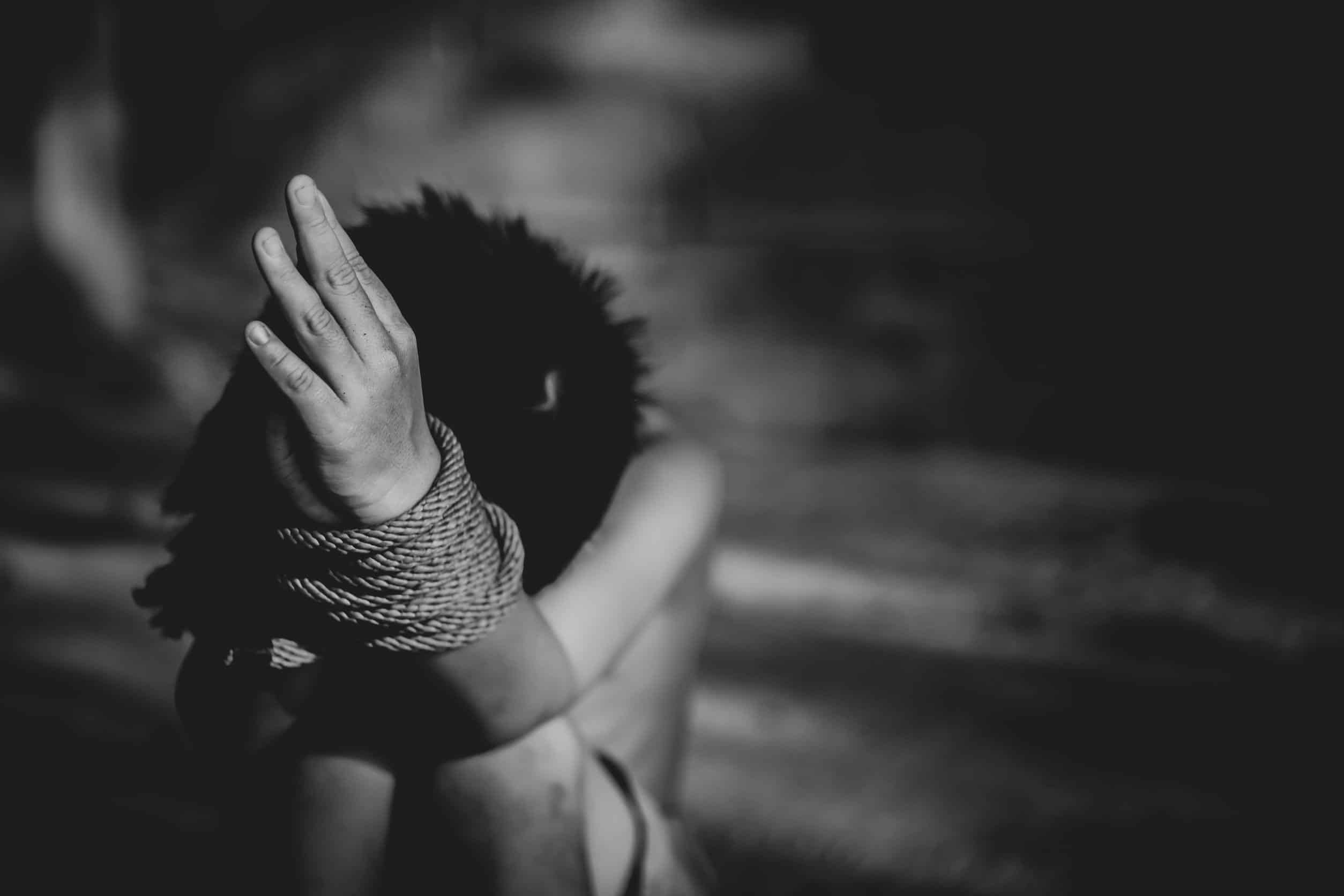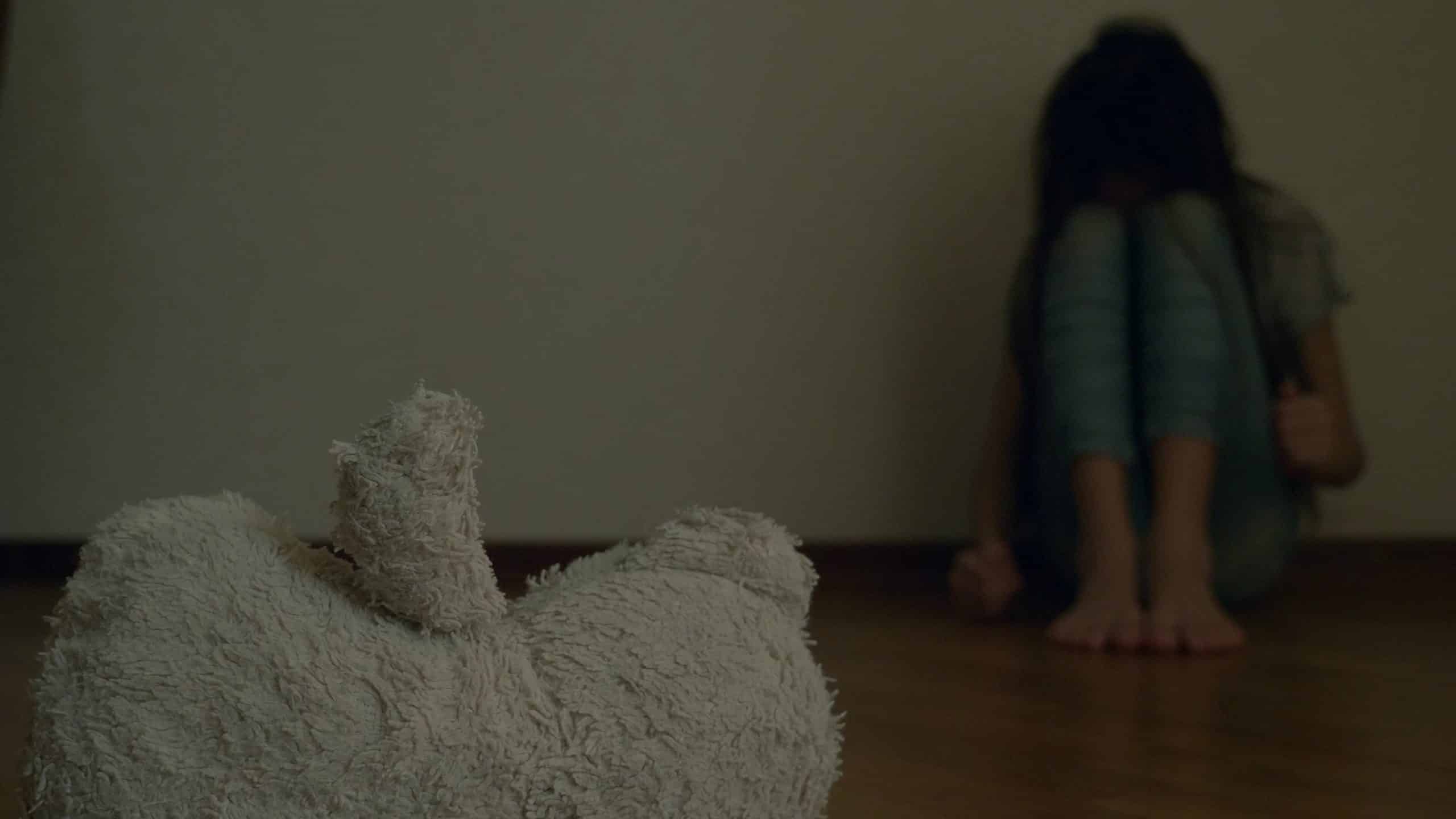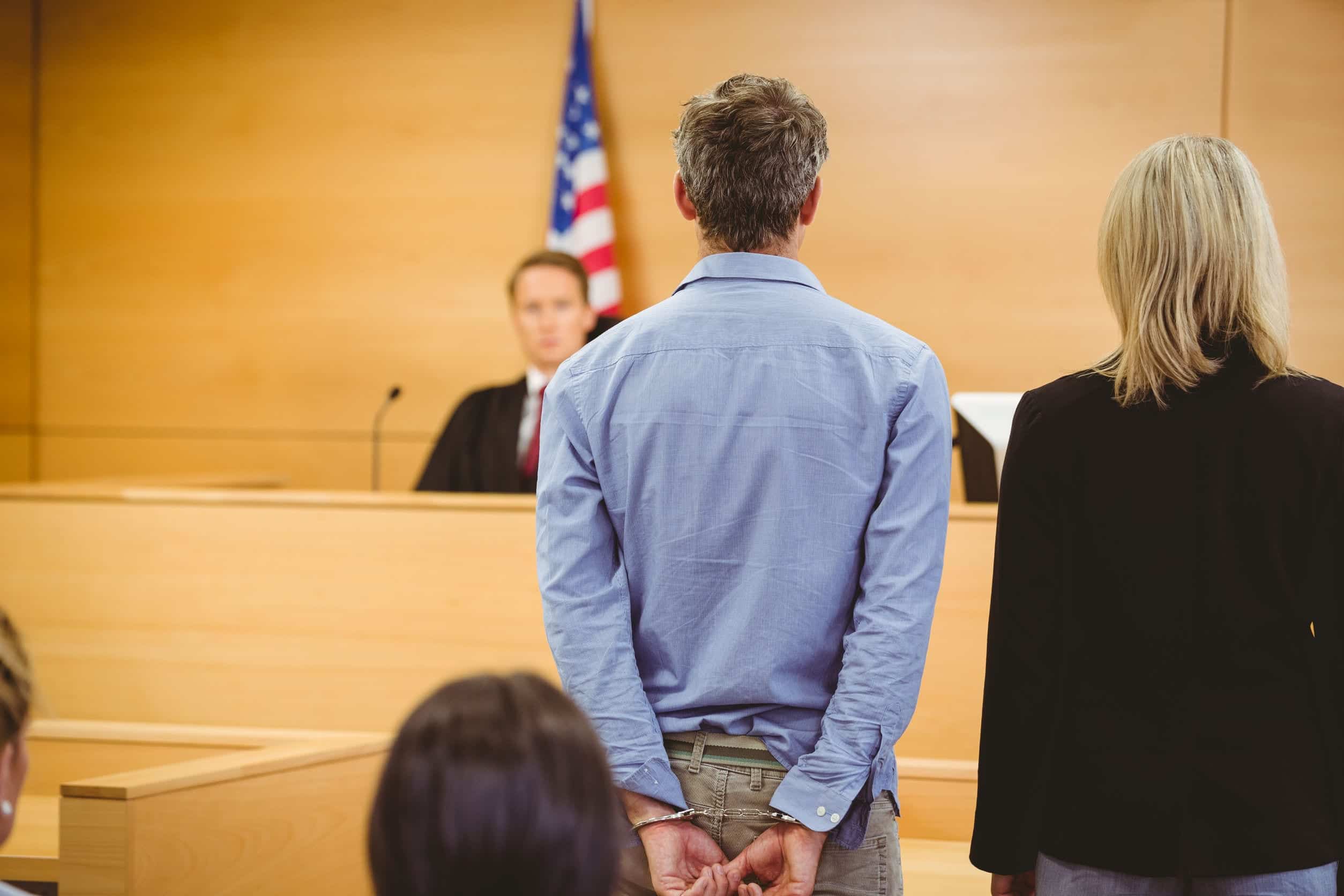- Home
- THE FIRM+
- Criminal Defense+
- CASE RESULTS
- AREAS WE SERVE+
- FAQ’s
- Blog
- Contact
AZHARI LLC BLOG

Posted By: Sami Azhari
Category:
Minor children, especially those in unstable home situations such as runaways or children in the foster care system, are at high risk for sex trafficking and sexual exploitation.
These vulnerable kids may be compelled by force or coercion to engage in commercial sex acts or may engage in these activities to survive on the streets. These sex acts include prostitution, pornography, and sexual performance.
Child sexual exploitation is a growing problem in the U.S., and many laws have been put in place to protect victims, including in Illinois. A recent evaluation of Illinois sex crime laws to protect children gave Illinois and 25 other states a “B” grade.
Today we take a closer look at both long-standing sex crime laws and some of the most recent legislation designed to protect minors in our state.
Illinois Statutes of Limitations Lifted for Child Sex Offenses
When children fall victim to sex crimes, they often don’t report the offense for a number of reasons which can include:
- The victim may not realize what happened was wrong
- The traumatic memory of the event may have been repressed
- The victim may be threatened by the abuser or otherwise afraid to come forward
- The victim may experience feelings of self-blame for the crime
Previously, the statutes of limitations for sexual assault of a child and child sexual abuse were 20 years from the survivor’s 18th birthday.
This is the very statute that prevented U.S. House Speaker Dennis Hastert from being prosecuted for previously sexually abusing minors as a high school basketball coach, for instance.
In 2017, however, the statutes of limitations were lifted for felony criminal sexual assault and sexual abuse crimes committed against minors. In Illinois, these charges can now be prosecuted indefinitely.
Child Prostitution in Illinois
As we touched on above, often time vulnerable youth are compelled into prostitution by force, coercion, or the necessity of survival.
In order to protect victims of child sex trafficking, Illinois has stiff penalties for adults involved in child prostitution:
- Promoting juvenile prostitution is a Class 1 Felony punishable by 4-15 years in prison. If committed within 1,000 feet of a school, this is a Class X Felony punishable by 6-60 years in prison.
- Patronizing a minor engaged in prostitution is a Class 3 Felony punishable by 2-5 years in prison. If committed within 1,000 feet of a school, this is a Class 2 felony punishable by 3-7 years in prison.
Child Pornography in Illinois
Similar to federal statute, Illinois law criminalizes the production, possession, and distribution of child pornography.
Most Illinois child pornography offenses are considered Class 1 Felonies, punishable by 4-15 years in prison.
In some cases, mere possession of child pornography (in the absence of distribution) is considered a Class 3 Felony punishable by 2-5 years in prison.
Statutory Rape in Illinois
In Illinois, engaging in sexual activity with a minor under the age of 18 can be charged as statutory rape depending on the age of the victim and the defendant.
Even if the minor victim engages willingly in sexual activity with an adult, the charge of statutory rape applies when a minor is incapable of truly consenting to sexual activity.
This is because the government holds the position that the minor lacks the maturity and judgment necessary to make this kind of decision.
Online Solicitation of a Minor in Illinois
In the offense of online solicitation of a minor, the defendant is accused of using the Internet in order to attempt to entice a minor into engaging in sexual activity.
No sexual acts need to occur in order for someone to be charged with this crime. In fact, the defendant does not need to ever be in physical proximity to the victim. The only necessary element is the intent to engage in a sexual act with a victim under the age of 17.
Depending on the nature of the sexual acts the defendant intended to perform with the victim, online solicitation of a minor may be charged as either a Class 1, Class 2, or Class 3 felony.
A conviction can carry a prison term of up to 15 years and always requires sex offender registration.
Child Molestation in Illinois
In Illinois, child molestation is not a separate charge. It is instead covered by statutes addressing aggravated criminal sexual abuse, predatory criminal sexual assault of a child, and criminal sexual assault.
The exact charges will depend on the age of the child and the nature of the alleged sexual activity in question. Child molestation is always a felony leaving an offender to face many years in prison and a requirement for sex offender registration afterward.
As Illinois continues to ramp up efforts to legislate against and prosecute anyone involved in the sexual abuse or exploitation of a child, it is plain to see the state takes sex crimes against children very seriously.
When you find yourself accused of a child sex crime here, you will no doubt face life-changing consequences. To protect your rights and future, you have to fight back with the strongest possible defense.
Contact an Experienced Sex Crimes Defense Lawyer
If you find yourself facing sex crime accusations, it’s crucial to have an experienced defense attorney who understands the complexities of sex crime laws in Illinois. Contact an experienced sex crimes defense attorney today to ensure a skilled defense and to fight for the best possible outcome in your case.
About the Author
Sami Azhari has been working as a lawyer since 2007, after receiving his Juris Doctor from the Michigan State University College of Law. He has handled numerous state and federal cases, and is known throughout the Chicago and Rolling Meadows area for providing his clients with high-quality, skilled representation. He has been recognized by SuperLawyers, the National Trial Lawyers Association, and other notable organizations, and has spoken at a number of legal conferences.



























































